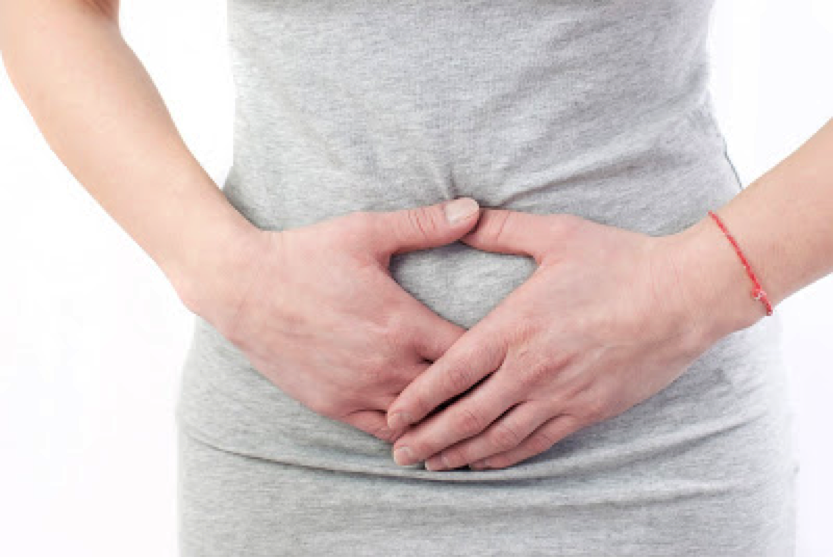
Have you been told you have IBS for years, then finally find out you have endometriosis? Wonder why these two conditions have been confused and what they have in common? This post will explain it further.
Women in their reproductive years who have endometriosis may experience symptoms such as:
Endometriosis affects 1 in 10 women during their reproductive years, however the cause of this condition is not known. The condition is recognised when cells lining the uterus (called the endometrium), grow outside of the uterus and find their way around/onto other organs, more commonly reproductive organs in the pelvis such as on the outside of the uterus and fallopian tubes, and ovaries, but also abdominal organs including the bladder, and the small and large bowel. This may then cause inflammation, which can aggravate the gut and lead to IBS-like symptoms as mentioned above. Other common symptoms include heavy and painful periods, blood clots, back and pelvic pain, ovulation pain, mood changes, tiredness, and pain during sex.
Endometriosis may sometimes be detected following a specialised scan, but often the most effective way is by laparoscopy – a small surgical procedure often known as keyhole surgery. If endometriosis is detected during the procedure it is then removed, often providing women with symptom relief afterwards. Other treatments include hormone therapies and pain management. However, since symptoms of Endometriosis may also include IBS-like symptoms, the low FODMAP diet is being investigated as a possible dietary therapy for symptom relief and as an adjunct to current therapeutic practices.
So if you or anyone you know has endometriosis watch this space! A retrospective, preliminary study conducted at Monash that looked into the effects of a low FODMAP diet in women with endometriosis will be published soon, but also further research will be conducted in this population group.
Remember though, the low FODMAP diet is used in the short-term in IBS patients, followed by a re-introduction phase of higher FODMAP foods in order to normalise the diet as much as possible. For this reason working with a dietitian is very important. For great resources & further information on endometriosis, please see Jean Hailes for Women's Health.